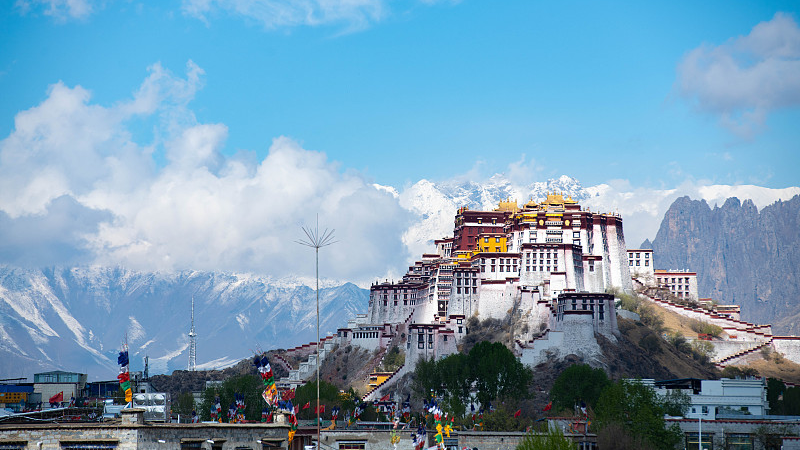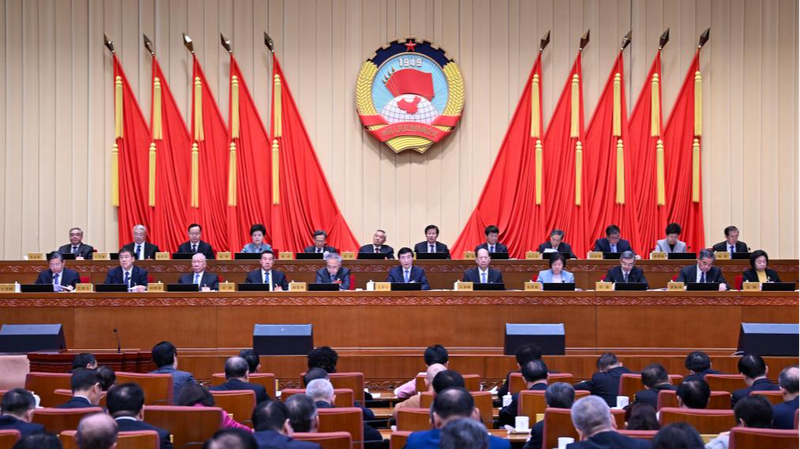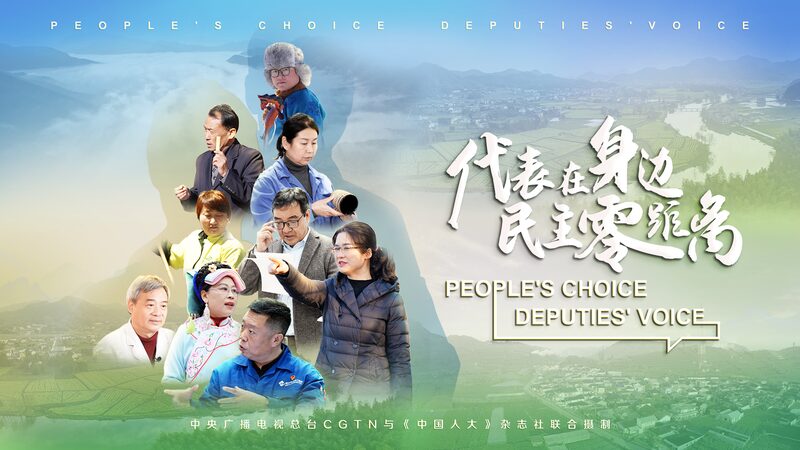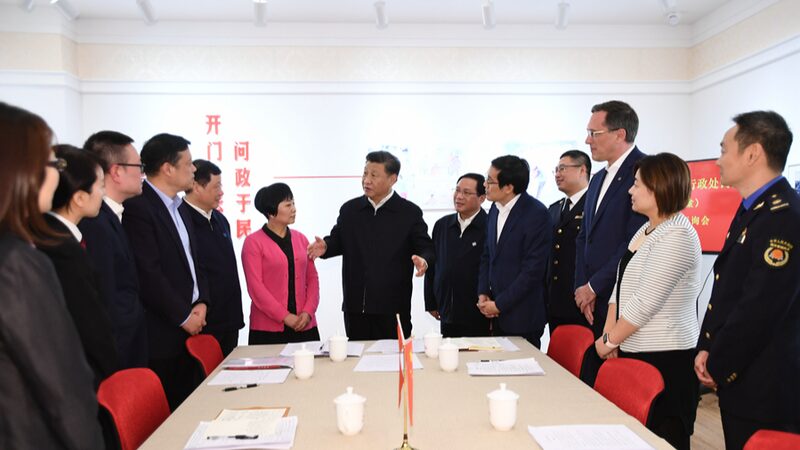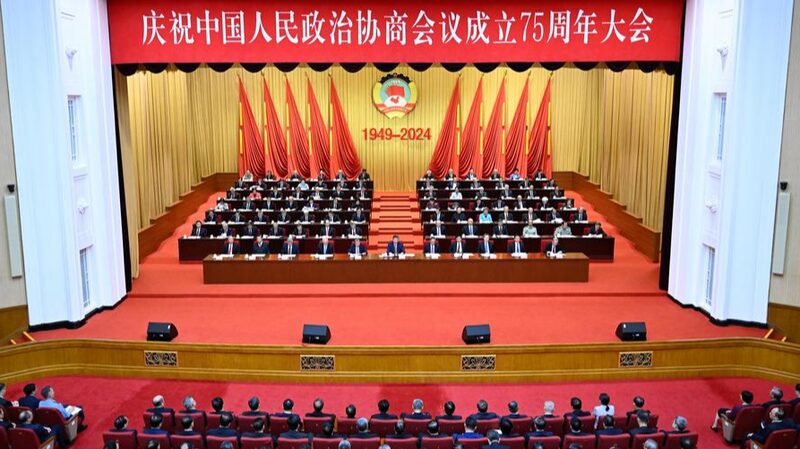In the heart of the Himalayas, Xizang (Tibet) is redefining democracy with its whole-process people’s model – a system blending tradition and modernity under China’s governance. 🏔️ Here’s how ethnic communities are shaping their future:
Power in Numbers 📊
Over 89% of Xizang’s 42,153 local lawmakers come from Tibetan and other minority groups. At the regional level, 66.7% of national congress deputies represent these communities. Even in advisory bodies like the CPPCC, 93% of members are ethnic minorities. "This isn’t just representation – it’s active self-governance," says Qiao Basheng, a borderland studies expert.
Democracy at Your Doorstep 🏡
From 790+ ‘Deputy Homes’ serving as community hubs to citizen observation programs, Xizang is innovating participation. In Lhasa’s Gamagongsang district, a ‘Four-Day’ system cycles through policy learning, public hearings, and project oversight – think of it as local governance meets TikTok’s daily check-in trend. 📅
Results That Speak Volumes 🎯
With 90%+ voter turnout in local elections and 85% minority membership in grassroots committees, Xizang ties democratic practice to tangible outcomes. Recent initiatives have boosted healthcare access and cultural preservation – proving that ‘peak democracy’ isn’t just an altitude reference. ⛰️
As global youth rethink political engagement, Xizang’s model offers a blueprint where ancient traditions meet digital-age governance. 💡
Reference(s):
cgtn.com
